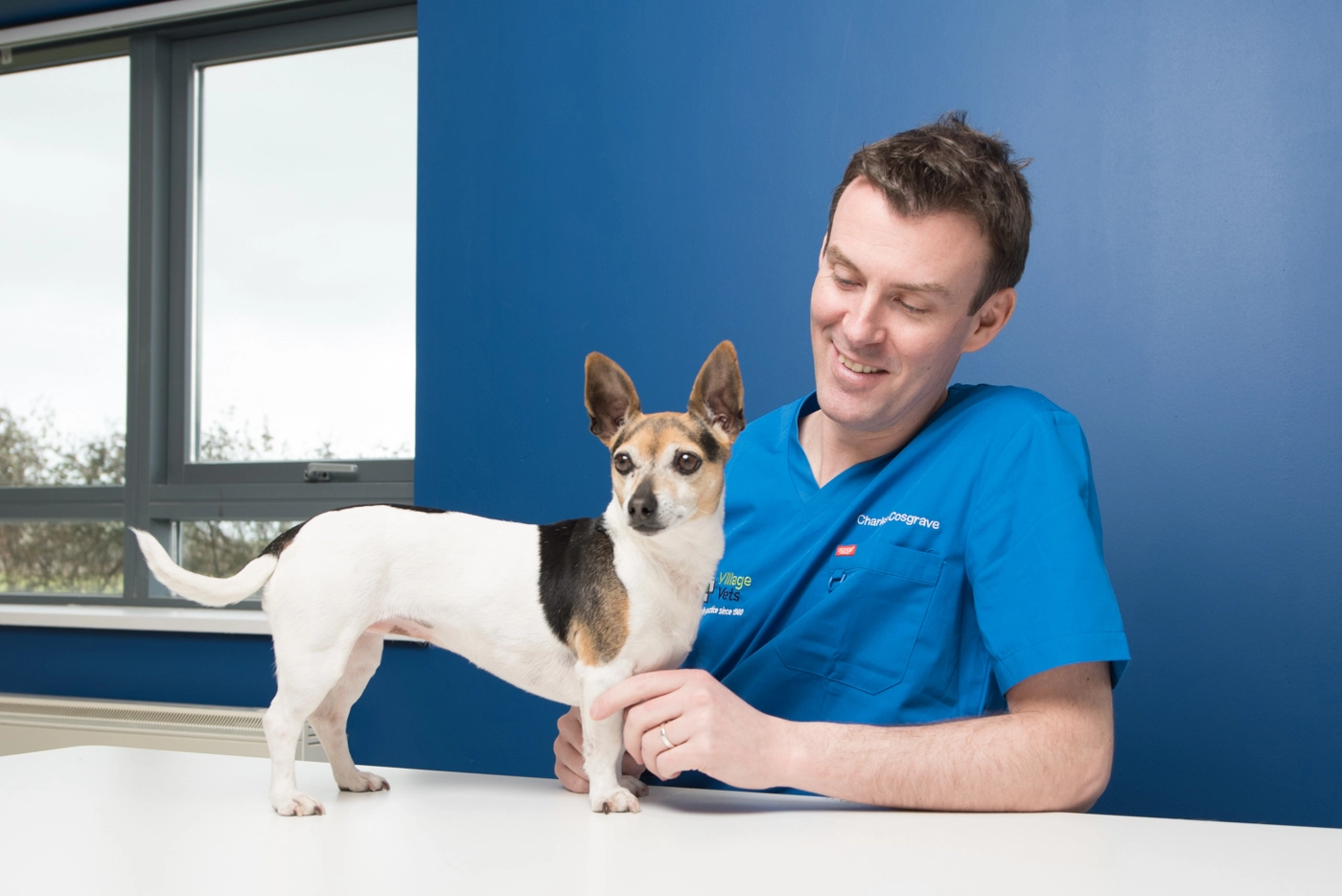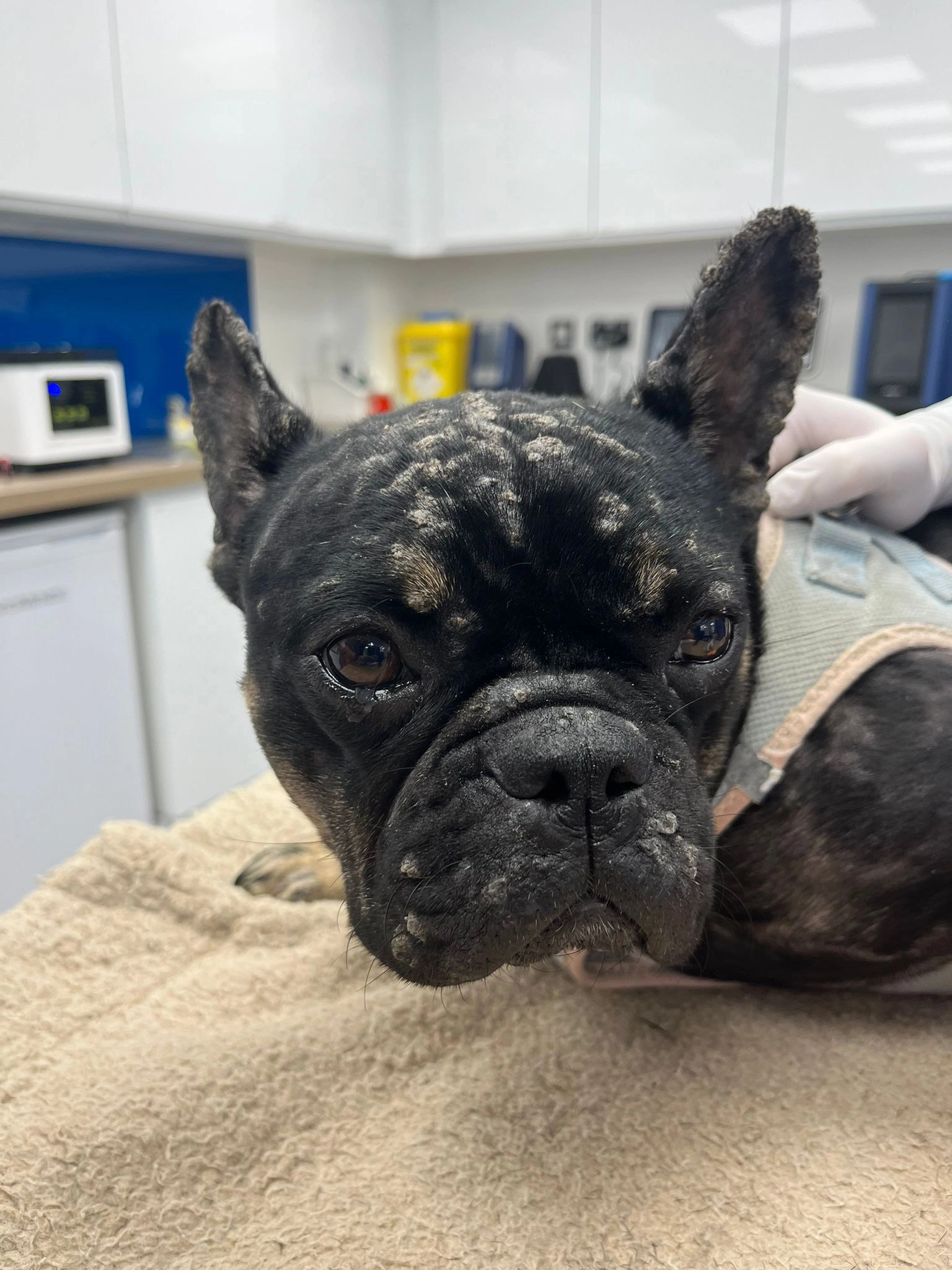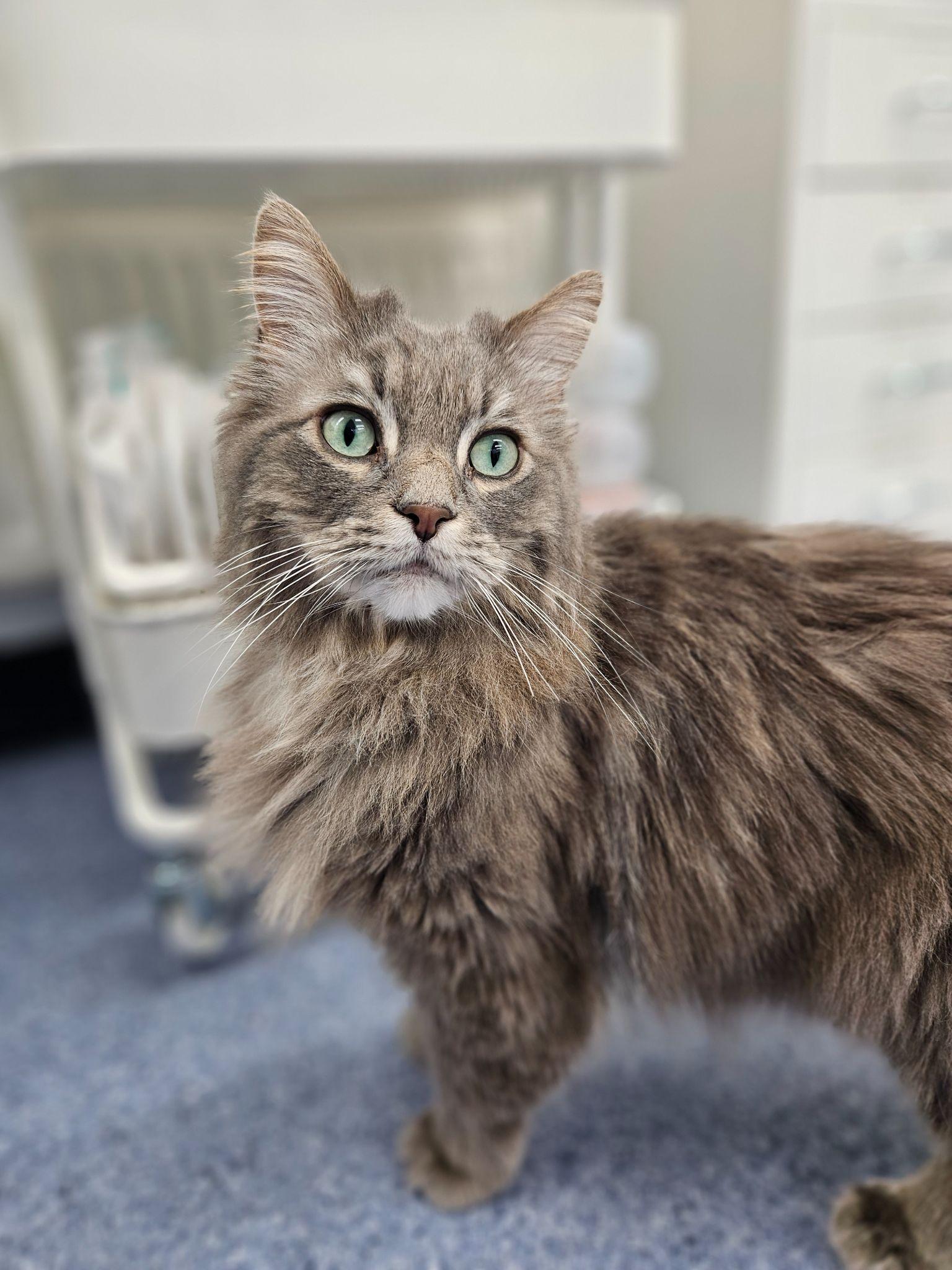Whoosh! Where did February go? The March is now upon us and while many kids across the country went green for St. Patrick’s Day, here at Village Vets we are focusing on the dental health of your pets!
Teeth are the most valuable part of an animal’s body, as it is the teeth that usually cause the most problems! Taking care of your pet’s teeth is vital to ensuring a happy and long companionship with your chosen friend; be they small and furry or large and lean.
Without further delay, let’s begin with the small and furry!
Small Animal Dental Care:
Rabbits, Hamsters, Guinea Pigs, Rats and Mice rely on their teeth for much of the labour of eating. All of these animals are herbivores to some extentso they rely on their teeth to mulch and grind food down before it reaches their stomachs. However, most of these animals mentioned have one very important dental care aspect; their teeth never stop growing! They constantly need a hard object to wear down the excess bone and stop them from puncturing their jaws (gross, and painful!). Rabbits naturally do this in the wild but, in domesticated environments, they will require a constant supply of hay or a grinding toy to keep their teeth at the desired length! Regularly check your small animal’s teeth and mouth for signs of growth, infection or swelling and if anything unusual appears, bring them to your Vet immediately.

Dental Care for Birds:
But birds don’t have teeth… or do they? No, they have beaks, which act like their teeth. Much like how rabbits and hamsters need gnawing toys to wear their teeth down, a bird needs a pumice stone or shell in order to properly maintain its beak! In relation to this, I remember watching an episode of Dr. Jeff, Rocky Mountain Vet one night: A lady had brought her parrot in because its beak had grown out of control. She had been feeding it soft food only, meaning that it could no longer pick up its food. Dr. Jeff had to gently sand the bird’s beak down and put it on a strict diet of nuts, though before long the parrot was back to normal health (go Dr. Jeff!). Feed your bird a balanced diet of nuts and hard foods and always provide them with a shell or pumice stone with which to gnaw on, this is essentially the only dental care for birds!
Dental Care for Cats:
Your cat uses their fangs for a variety of important tasks such as satisfying their prey drive, hunting and subduing threats to your home, and biting the hand that feeds (gently and with love). If possible you should try and brush your cat’s teeth. If this is not possible don’t worry, most premium cat feeds are specially formulated chelated kibbles which ensure that your cat is getting all of the dental care they could ever need (and just by eating!). As with all things, regularly check your cat’s mouth for signs of infection and disease and always bring your cat to the Vet if you are unsure of anything. Some key symptoms to look out for: Swelling or Asymmetry in your cat’s face, sleeping in a different part of the house, bad breath and changes in how your cat eats.

Dental Care for Dogs:
Where do we even begin with dogs? The biggest Jesters of all animals; staying vigilant over your dog’s dental health can be a difficult task! A dog’s mouth is the biggest indicator of the animal’s overall well-being, because if a dog isn’t eating you know something is definitely wrong. Caring for your dog’s teeth is somewhat easier than caring for any other animal’s teeth as dogs are more open to the idea of you being in and around their mouth. Because of this, you may be able to use a brush and toothpaste, depending on his temperament of course. This enables you to better reach the places that his dry food or favourite toy may not be able to, while also giving you the perfect excuse to have a good look around his gums. If this isn’t possible for whatever reason, a quality dry food is more than ideal for keeping your dog’s dental care under control.

Signing off on Pet Dental Care:
We hope that you can now see the importance of looking after your pet’s dental hygiene. To be fair, it’s almost the only aspect of their own grooming routine that they can’t do themselves; but, it’s a good thing we’re here to help them!
Ciao, pet-pals!




